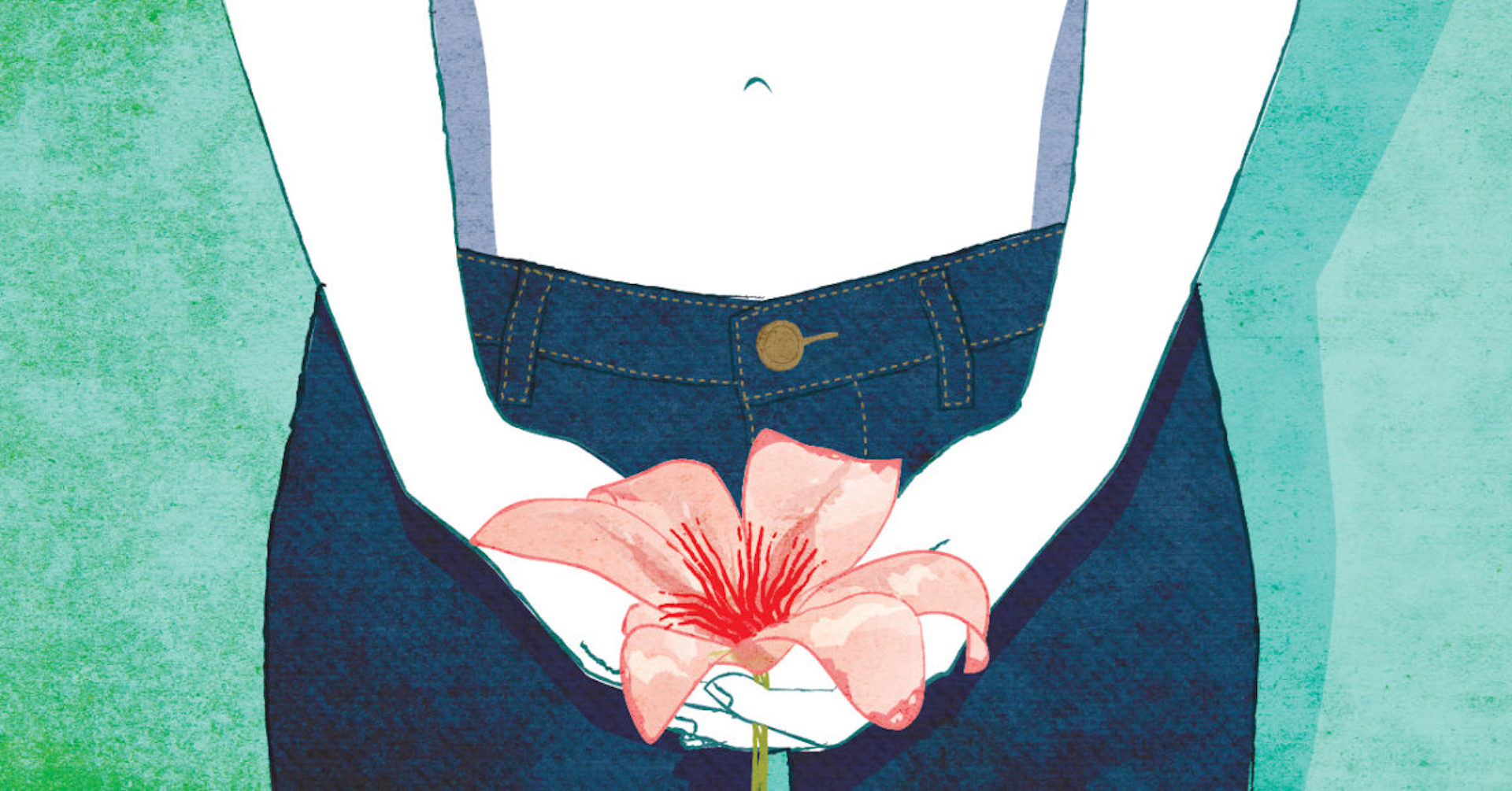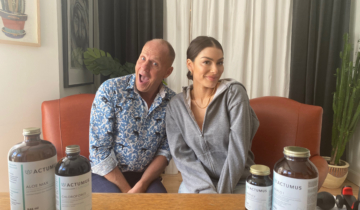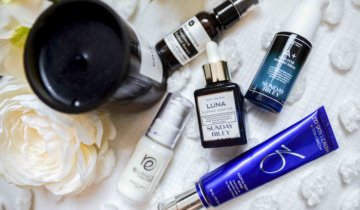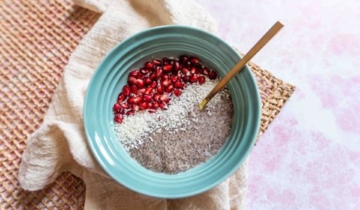Let’s break it down and get intimate with how to care for your vulva/vagina. Many times I get asked about products or habits that can be integrated to enhance or decrease certain feelings or symptoms. Here are my unfiltered tips.
Lubricants
Lubricants are particularly helpful for couples struggling with physical intimacy or women experiencing dryness and therefore difficulty during penetrative intercourse. We have all passed that aisle at the pharmacy with a wall of different brands and types of lube…curiously glancing and sometimes buying in secret because of the sometimes taboo nature of buying sex related products, so where should you start?
Do I need it?
First off – lube is not just for pleasurable penetrative sex, but also great for foreplay, sensual massages in those erogenous zones and can be used alone or with a partner. Lube can ease friction and discomfort from dryness during intercourse. There can be many factors that determine why your body is not producing enough natural lubricant for pain free sex (come see me if you have questions!) but know there is nothing embarrassing about purchasing or inquiring about different lubes that can heighten your sex game. But it can also generally enhance sexual pleasure. BIG tip here: you should never wait until you have pain before adding some glide!
Which type is best for me?
There are three main types of lube: water-based, silicone-based and oil-based.
In the beginning of my practice, I always did recommend water-based, because that sounded more “natural” and simple. But, as I grew as a doctor and as a woman, I realized that those were more easily absorbed by skin and could burn when more irritated, i.e new relationship type of irritation. Silicone products (irritation and burning are possible, but rare, side effects of any lubricant though) are my go-to products for a while now.
Water-based lubes are safe to use with latex condoms, sex toys and diaphragms. Silicone-based products will last a bit longer, and are particularly recommended for women who are prone to yeast or urinary tract infections, or who have sensitive skin.
Oil-based formulas tend to last the longest but can cause damage to latex condoms and diaphragms.
And where exactly does it go?
As opposed to products labelled “vaginal moisturizers,” which include creams, gels and suppositories that are typically inserted into the vagina with an applicator, lubricants are mostly used during sex on the area surrounding the vagina to make insertion more comfortable. They can also be put on a finger, sex toy or penis, to help.
We generally advise against using any oil-based products, body lotions or petroleum-based products internally, as they can change the pH level in your vagina. In addition, silicone-based lubes should not be used with sex toys or vibrators, as they can damage the products.
A recommended lubricant pre-conception is Pre-Seed® which is also used by those not planning pregnancy.
Here are unfortunately some known to irritate certain women, but if you like it, no problem honey! Because they are sold in most pharmacies: FemGlide® (hypo-osmotic, negative mucus production), Replens®, KY jelly®, Astroglide® (hyper-osmotic, irritating).
How about those natural alternative?
There are not enough studies to help determine which are indeed safe to use without the negative consequences of upsetting the natural pH of the vagina. Anecdotal evidence does suggest that some do enjoy natural products like coconut oil, sweet almond oil, avocado oil – the most important is that natural ingredients and products have less shelf life and should be used cautiously. Important to consider as well is that oils and oil based lubricants can weaken condoms. Bottom line is to do your research and do not hesitate to ask you Dr.
Laundry products
While one review suggests that consumer use of enzyme-containing laundry detergent products does not pose any greater risk of skin irritation than non-biological variants, concern over these chemicals for women with irritated skin promotes encouragement of using products free of dyes, scents, and additives as much as possible. Use fragrance and enzyme free detergents such as Arm and Hammer® or All Free®.
If you are easily irritated or experience discomfort, avoid Tide® (contains enzymes).
Hair removal
Did you ever wonder: why do I have pubic hair? We know body hair serves a body temperature purpose, as eyebrows and lashes can protect our eyes, but why down there??
Well, you will be pleased to know that pubic hair is there to cushion the mons and labia majora during sexual activity (I bet you need a lot to actually « protect you »).
Yet, many women choose to remove the hair for a number of cosmetic reasons. In most cases, this is a personal choice, and not harmful if properly done according to the type of hair. In some women, wiry hair can work its way under the hood of the clitoris causing irritation.
Any form of pubic hair removal has the potential to cause folliculitis and/or skin irritation in susceptible women. Shaving in the direction of the hair’s growth with plenty of lather and a man’s mobile-headed razor works for many women but shaving is a significant cause of folliculitis, especially for African American women. Laser is therefore an excellent choice. Waxing can cause irritant reaction and mild folliculitis for some. Depilatories may cause contact reactions, so be careful. And again: hair that is growing back may be itchy and irritating.
Toileting practices
Cleansing or washing with drying soap after each urination or defecation can be a contributor to anogenital irritation. The anogenital area should be cleansed no more than once or twice daily. Washing with soap strips away natural oil so that the skin dries out. Plain white toilet paper without aloe or scent is recommended, but repeated wiping with dry toilet paper can abrade the anal area. Wet wipes contain multiple chemicals with the potential for irritation after long-term use… so if paper irritates you, use a dab of plain Vaseline®, Cetaphil ®, mineral oil, or even vegetable oil on a soft tissue. Clean anal area as gently as possible with lubricated tissues, and then do a final pass to leave moisturizing Vaseline in place. Don’t put more than a dab as it could result in a greasy sensation and can penetrate through underwear to stain clothing.
Urinary loss is another source of irritation. Use of menstrual pads for incontinence keeps wetness against the skin; pads designed for incontinence Poise®, Depends® promote dryness and lessen irritation.
If you experience pain or irritation in the vulvovaginal area, come see me!! There are limitless possible reasons for what, and you definitely need a specialist!
Signing off,

http://drgabriellelandry.com/
Read more from Dre Landy; Sexual Wellness,Sexual Dysfunction and Vaginal Microbiome.
If you have any questions for Dre. Gabrielle Landry, feel free to leave them in the comments below, or can contact her clinic Elna Clinique.
Feature image via Healthline





 No products in the cart.
No products in the cart.
Comments (1)